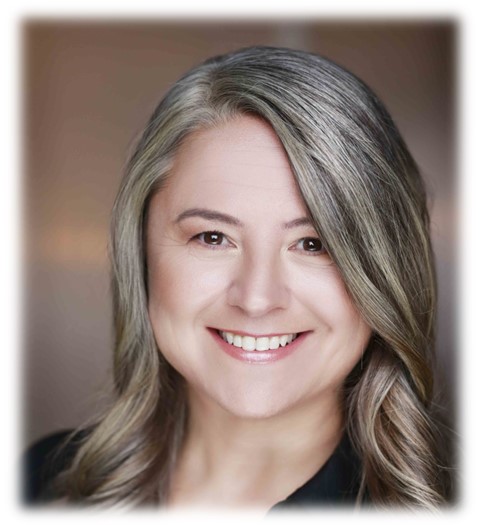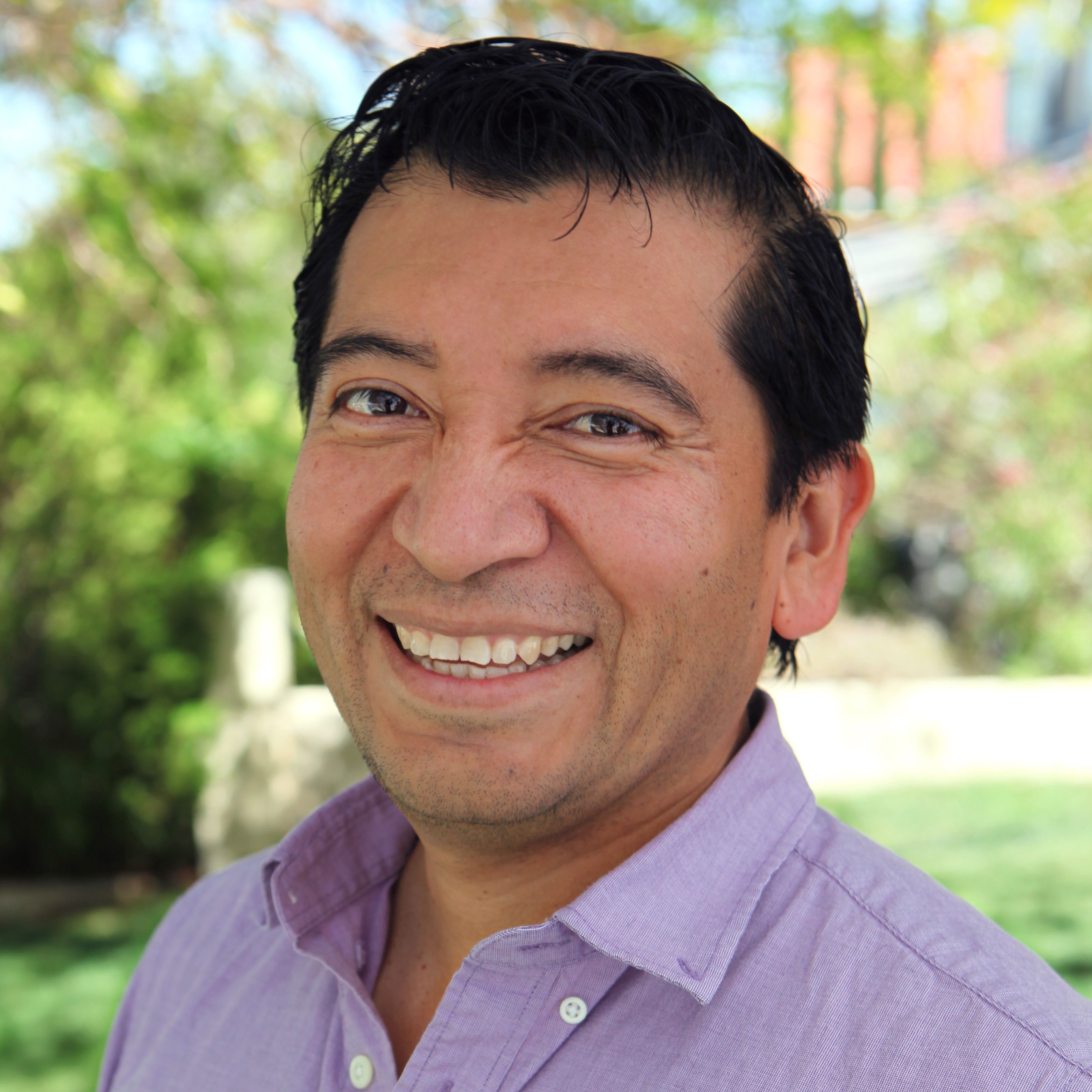 By Martina Peskoller-Fuchs
By Martina Peskoller-Fuchs
Ombudsperson, European Molecular Biology Laboratory (EMBL),
In the workplace, how we label and discuss issues can significantly impact their resolution. Terms like "conflict," "bullying," and "discrimination" carry strong connotations and can influence perceptions and outcomes. Understanding why people might avoid these terms and exploring alternative approaches can lead to more effective and empathetic problem-solving.
1) Why People Avoid the Term "Conflict"
a) Fear of Escalation: Labeling a problem as a conflict can make it seem more serious and intractable. People may worry that calling it a conflict will escalate the situation and make it harder to resolve.
b) Professional Image: Admitting to being in conflict with a colleague can be seen as unprofessional or a sign of poor interpersonal skills. Employees may fear it will negatively impact their reputation or career progression.
c) Desire for Harmony: Many workplaces value teamwork and cooperation. Employees might avoid the term "conflict" to maintain a facade of harmony and prevent disrupting the workplace atmosphere.
d) Conflict Aversion: Some individuals are naturally conflict-averse and feel uncomfortable dealing with confrontational situations. They might downplay issues to avoid the stress and discomfort associated with conflict. This also relates to how conflicts are seen by the workplace environment. e.g. are conflicts considered a natural occurrence in human interactions, or are they seen as not acceptable, as flaws etc.?
e) Hope for Resolution: Employees may believe that the problem can be resolved without formal intervention or without labeling it as a conflict. They might hope that the issue will resolve itself over time.
f) Cultural Factors: In some organizational cultures, there may be an implicit or explicit expectation that conflicts should be handled privately and not acknowledged openly.
g) Fear of Repercussions: There can be concerns about retaliation or negative consequences, especially if the colleague involved is in a position of power or has strong relationships with management. It might also relate to a lack of trust in the organizational culture and its ability to deal with conflicts once they escalated.
h) Communication Style: Some people prefer indirect communication and might find it difficult to articulate issues openly. They may downplay problems to avoid direct confrontation. Equally they might not want to use any language that has a sense of it being emotional, unprofessional etc.
i)
Personal Boundaries: Many people worry that addressing a conflict might delve into private
[1] matters, which can be uncomfortable and seen as unprofessional. They think there is no place for personal issues at the workplace and want to keep them separate.
j) Emotional Avoidance: Conflicts are often associated with strong emotions. People may avoid labeling a situation as a conflict because they don't want to deal with the emotional aspects or give space for emotions to surface, which they may perceive as disruptive or unprofessional.




 The Structured Reflective Instrument
The Structured Reflective Instrument By Martina Peskoller-Fuchs
By Martina Peskoller-Fuchs As I write, it is now the year of the 60th anniversary of the Free Speech Movement (FSM) at U.C. Berkeley, in which I was an active participant (I am at the far right in the photo.) It is also a time when free speech issues are again triggering campus conflicts, largely because of intense polarization over fighting in Gaza, and the mutually antagonistic activities of student supporters of Israel or Palestine.
As I write, it is now the year of the 60th anniversary of the Free Speech Movement (FSM) at U.C. Berkeley, in which I was an active participant (I am at the far right in the photo.) It is also a time when free speech issues are again triggering campus conflicts, largely because of intense polarization over fighting in Gaza, and the mutually antagonistic activities of student supporters of Israel or Palestine.